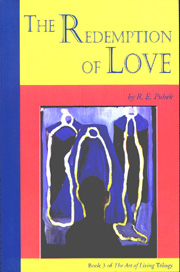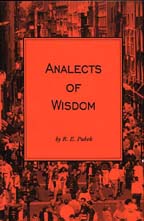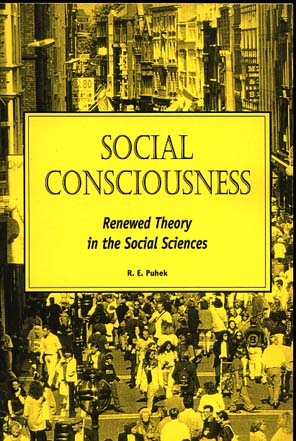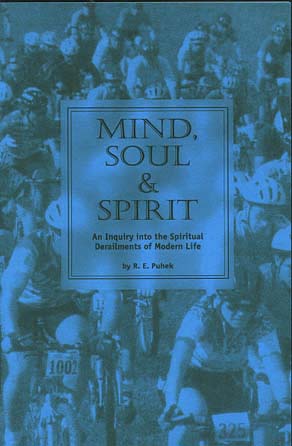Title: The Redemption of Love
Author: Ronald E. Puhek
[$5, postpaid. A huge discount off of retail to get you to see what it’s all about!] Love is the greatest, most enduring, most divine blessing on earth. But love is also suffering, and much of what is done in its name makes it appear to be a curse. The Greeks celebrated love in the form of gods such as Aphrodite and Eros; the ancient Christians said, “God is love.” As both indicate, love is a powerful spiritual principle in our lives, but any spiritual principle can be corrupted and its power transformed into a malignant force. “The Redemption of Love” seeks to answer how love gets corrupted and how it can be purified and freed to serve its natural function of rescuing human life and redeeming the world.
Here’s a link to an eBook edition, at the low price of $3.95 due to our Jack Kerouac 50th Anniversary “On The Road” tribute (whew!):
“The Redemption of Love” stands on its own but is also the last book in a trilogy called “The Art of Living,” which further interacts with another trilogy called “The Science of Life.”
Paperback, 5.5×8.5, 211 pages.
Background
This title is a Fifth Way Press imprint from OYB. It is sponsored by the MIEM, the Michigan Institute of Educational Metapsychology—a fancy somewhat tongue-in-cheek way of saying “studying and teaching a philosophy for living today, inspired by the best of the past.” The institute has been represented for 30 years by weekly meetings of quiet, polite folk, who passed around these writings in a form of samizdat prior to this publication. These are often people from the ‘helping’ professions who see that their ways need help. It also includes students who need help to stay true to what they are learning. They are all in desparate straits. Due to modernism. The ‘Fifth Way’ concept comes from ‘the Fourth Way’ of Gurdjieff. The traditional three ways to contact reality were: the emotional way of the monk, the intellectual way of the yogi, and the physical way of the fakir. These were recently joined by the fourth way of the householder, one who learns from everyday life, who does not withdraw. The Fifth Way takes the best of all ways without leaving any behind, transcending them all: count your fingers: thumbs up! If you like Simone Weil and St. Theresa of Avila, you’ll like Puhek. It’s plainly written but intense philosophy for a modern age. His reflections integrate and build on many works, especially Plato, Sartre, Jung and Freud.




